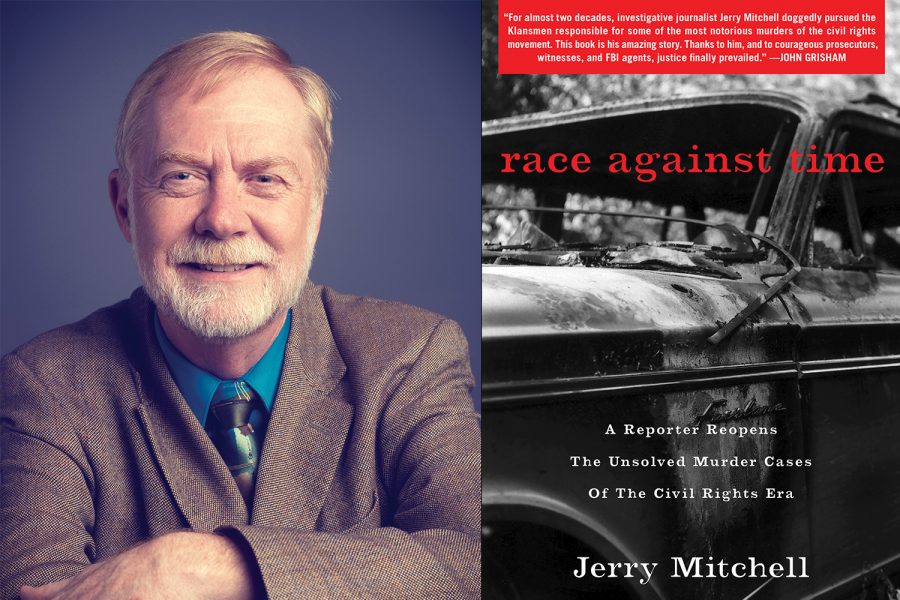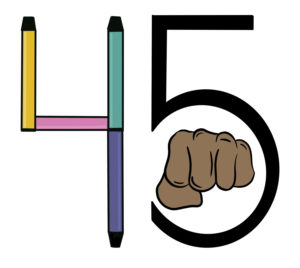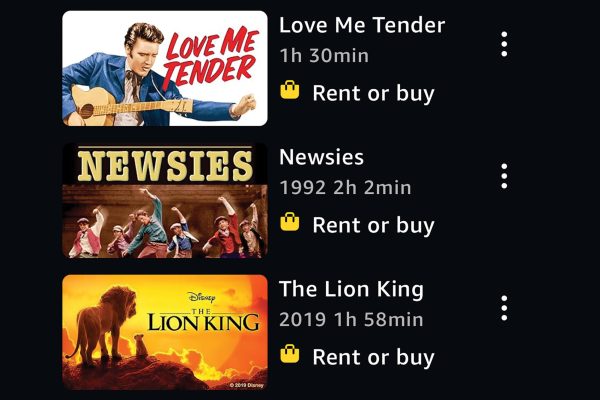Comfort the afflicted, afflict the comfortable
Author, Texarkana native to speak about new book
THS alumnus Jerry Mitchell will speak to students Feb. 28 about his new book.
February 20, 2020
An open secret is the worst kind, and there has never been a more offensive open secret than the hate crimes committed during the Civil Rights Era. Hate, violence, and murder were all ignored, covered up and left untouched. Years later, investigative reporter Jerry Mitchell dug up the evidence to pursue justice and give a voice to stories that needed to be heard.
“Our job is to expose these things, to shine a light into the darkness,” Mitchell said. “You want to be able to give people a voice that don’t have a voice, and that’s how we can help, for lack
An open secret is the worst kind, and there has never been a more offensive open secret than the hate crimes committed during the Civil Rights Era. Hate, violence, and murder were all ignored, covered up and left untouched. Years later, investigative reporter Jerry Mitchell dug up the evidence to pursue justice and give a voice to stories that needed to be heard.
“Our job is to expose these things, to shine a light into the darkness,” Mitchell said. “You want to be able to give people a voice that don’t have a voice, and that’s how we can help, for lack of a better term, balance the scales.”
Mitchell graduated from Texas High in 1977 and became a reporter for the Clarion-Ledger in 1986. Mitchell’s reporting led to the reopening of many cold cases from the Civil Rights Era. His work was inspired by a film he saw in 1989, “Mississippi Burning.”
Although “Mississippi Burning” is a fictional movie, it is based on the killing of the three civil rights workers in Mississippi in 1964 by the Klan.
“There were more than 20 men involved in these killings of these young men, but nobody would prosecute for murder and that was very stunning to me,” Mitchell said.
Mitchell reopened four cases: the assassination of Medger Evers, the fire bombing of Vernon Dahmer, the 16th Street Church bombing in Birmingham and the Mississippi Burning Case. These cases are discussed in his new book “Race Against Time: A Reporter Reopens the Unsolved Murder Cases of the Civil Rights Era,” which was released Feb. 4.
“It’s a story of how these unsolved murder cases for the Civil Rights Era came to be reopened and reprosecuted,” Mitchell said. “It started in [1989] and now there are 24 different convictions in these cases.”
The book follows Mitchell in his journey for justice. Along with discovering the truth behind the stories, Mitchell describes the people he’s met while investigating the cases.
“I got to meet these wonderful families, and I think that’s the great thing about the book,” Mitchell said. “I think my book is an important book, not because of me, but because of the stories it tells [of] incredible courage and the families that I got to meet.”
Despite the truth behind the story, Race Against Time isn’t written similar to a stereotypical history book in the slightest. The style that the book utilizes resembles an episode of Law and Order more than a social studies textbook.
“It’s a detective story. I don’t want people to think this is some kind of boring history book,” Mitchell said. “This is written more like a detective story, or if you watch the shows that are like procedurals, you know that they kind of show you how a case came to be solved.”
Mitchell’s book is a tale of justice, hope, and redemption. Readers will walk away from this experience with true American tragedies and hope for a better future.
“So, it works on a detective story level, and then on a deeper level, it hopefully fills in people with information that they may not have known about the civil rights movement about this nation’s history and about Mississippi’s history and Alabama’s history as well,” Mitchell said. “I think now we’re in another race against time which is really whether we as a nation are going to be able to live with each other.”
Mitchell will be visiting his hometown in February. He is scheduled to speak at Texas High on Feb. 28, sign books at Books-A-Million that night and speak at the Twin Cities Black History Banquet on Feb. 29. Mitchell is currently working on another cold case, unrelated to the Civil Rights Era, and continues to shine a light to expose the truth.
“Our job is to expose these things: to shine a light into the darkness. So, that’s what I see our role as journalists is doing,” Mitchell Said. “The old quote on journalism, anyway, is to ‘comfort the afflicted and afflict the comfortable.’”




















